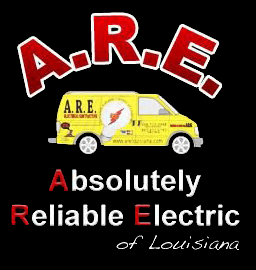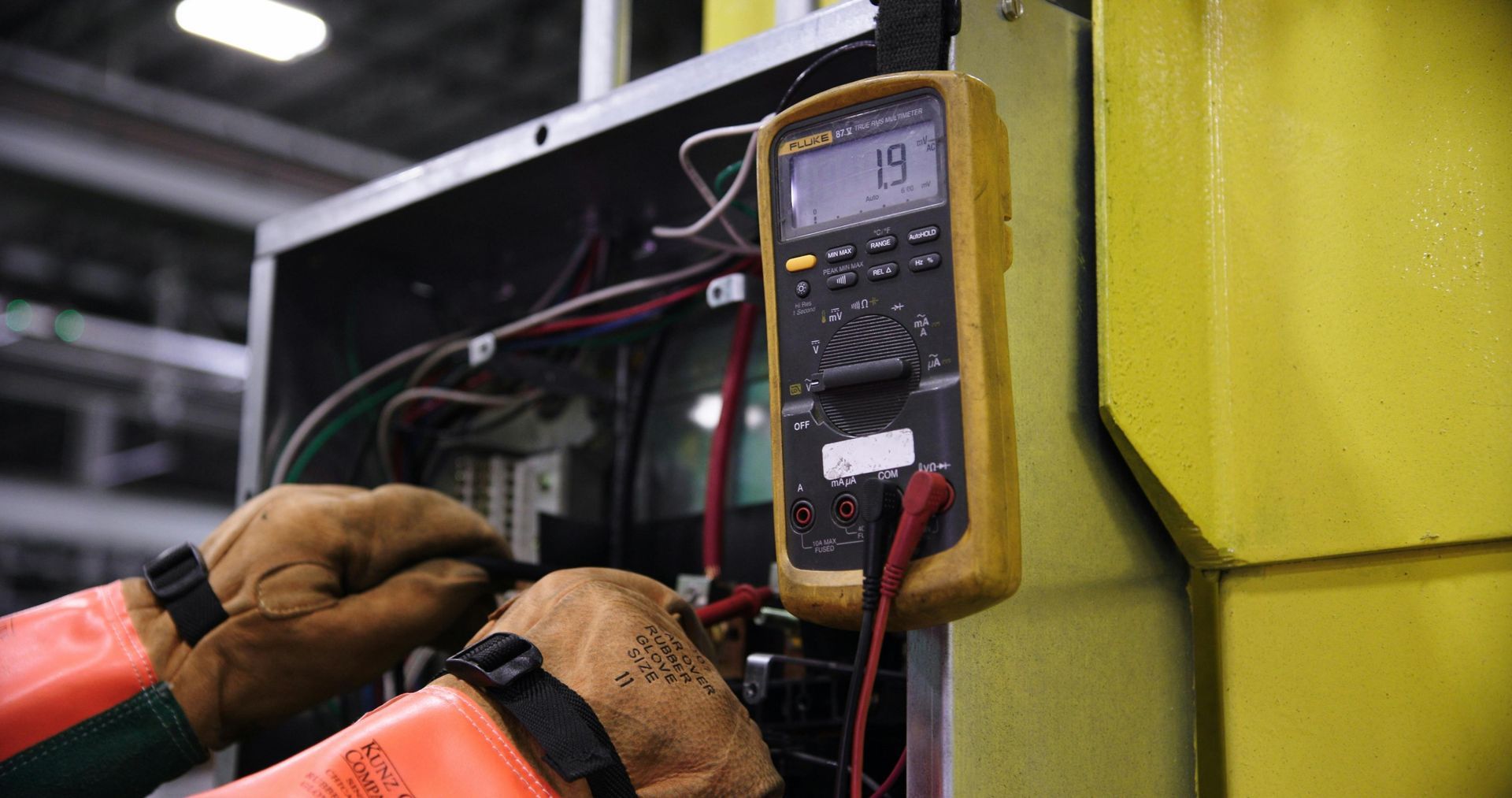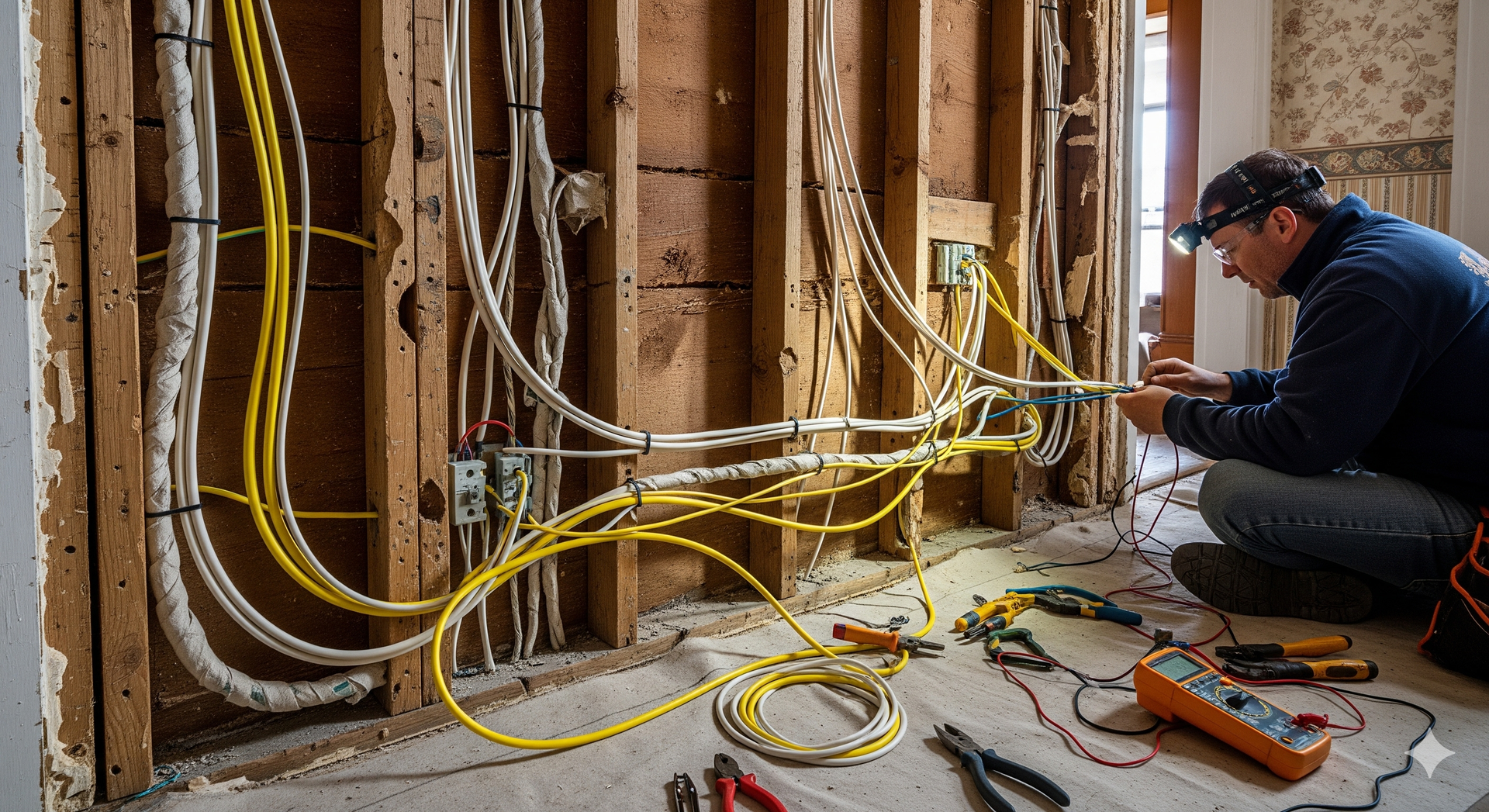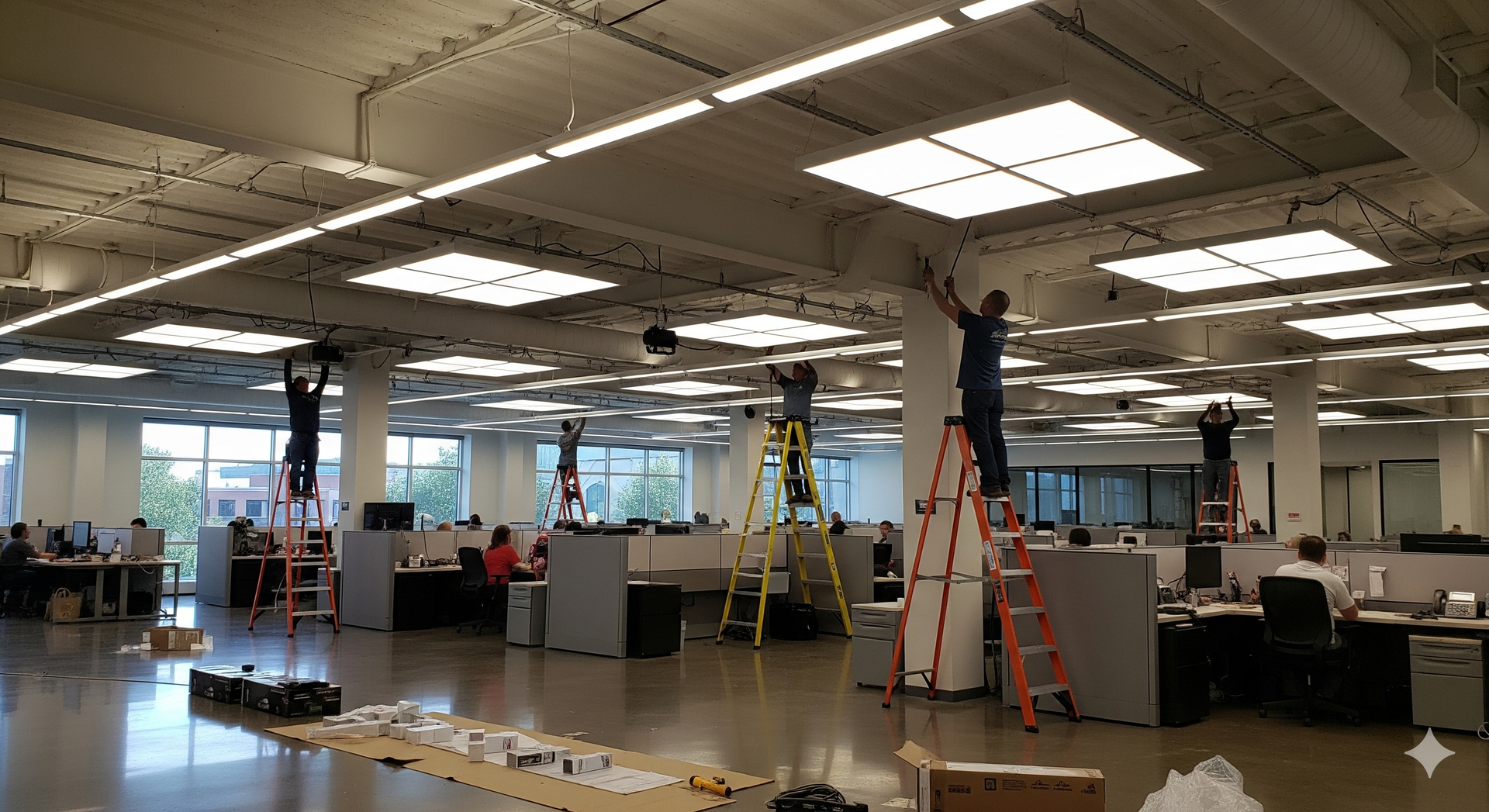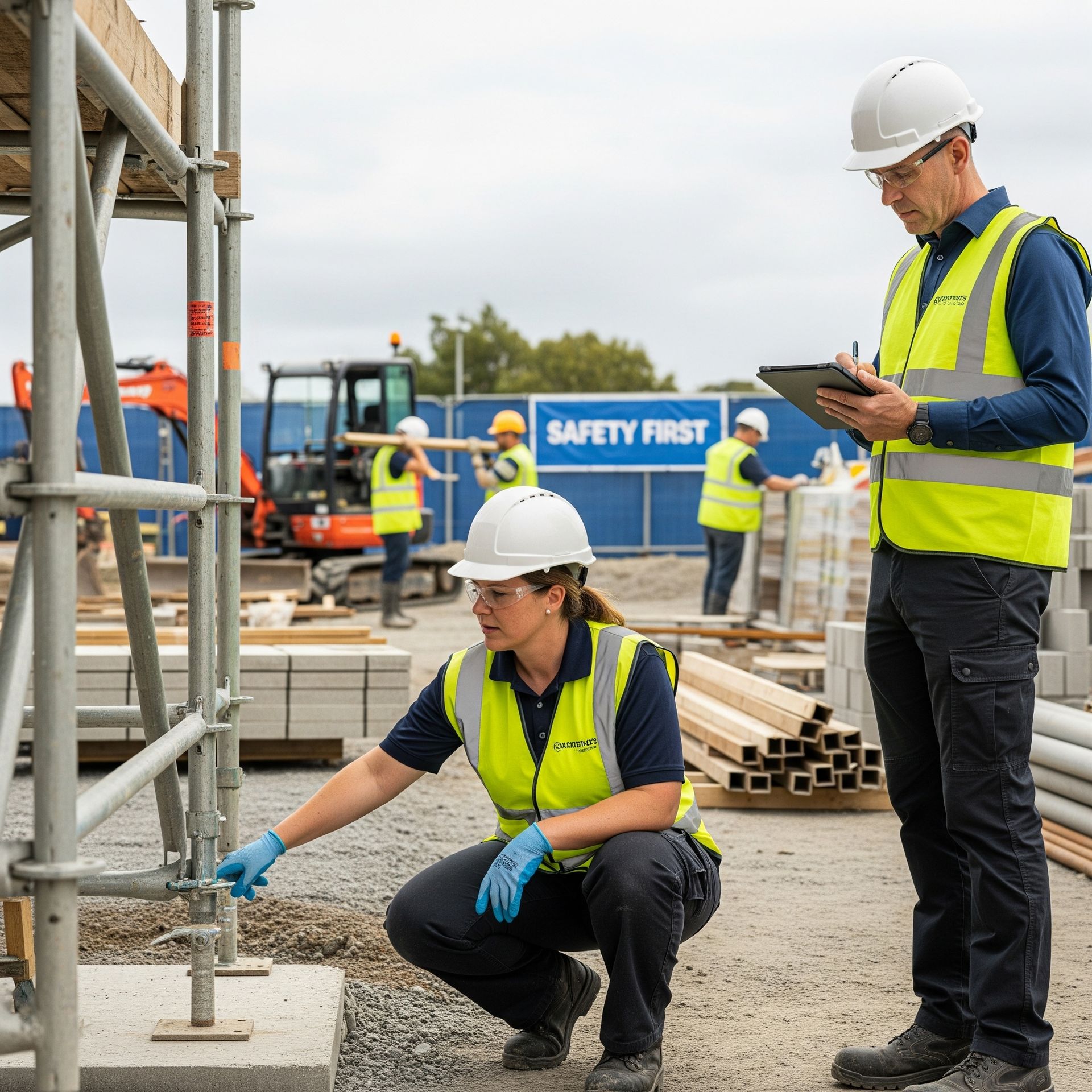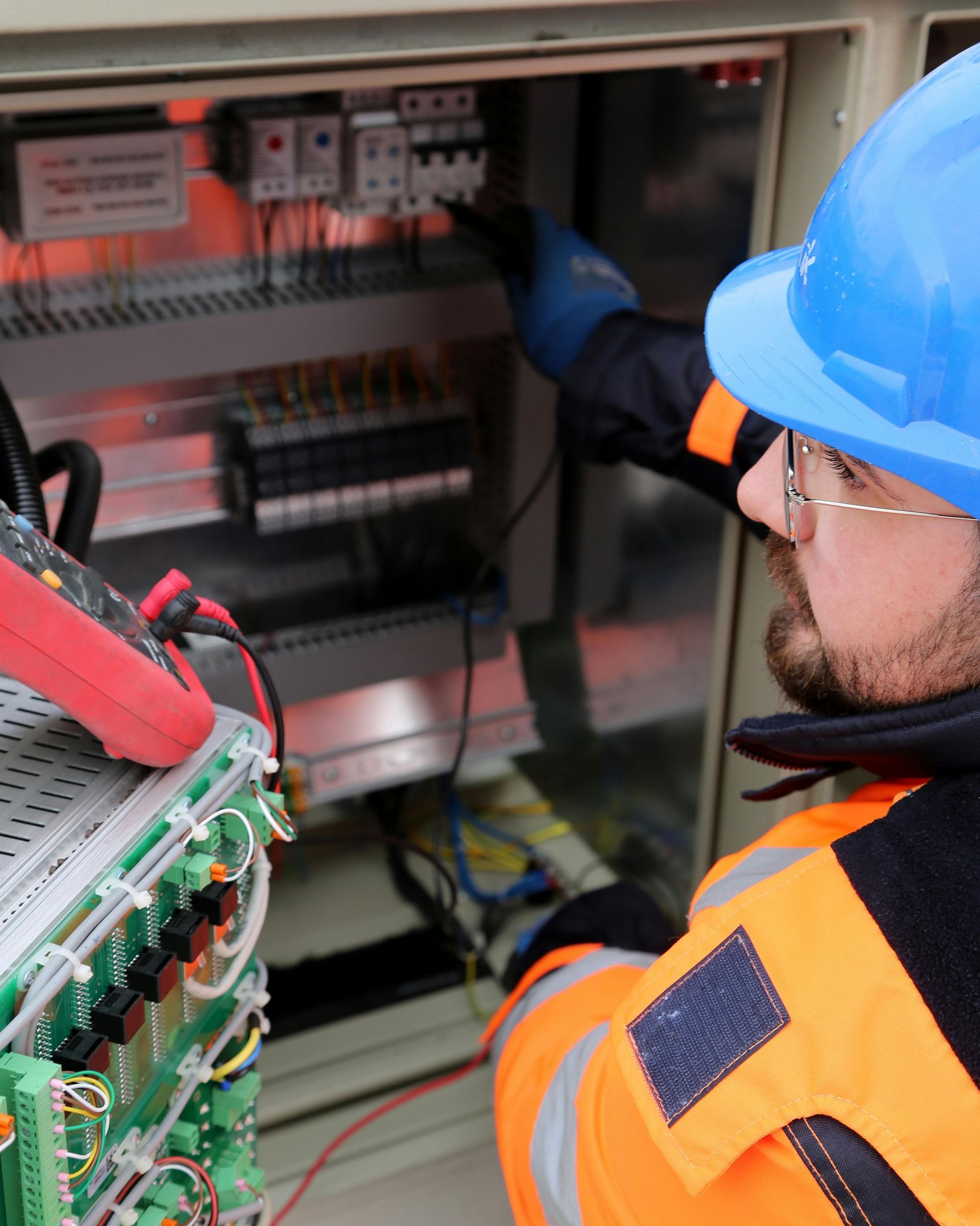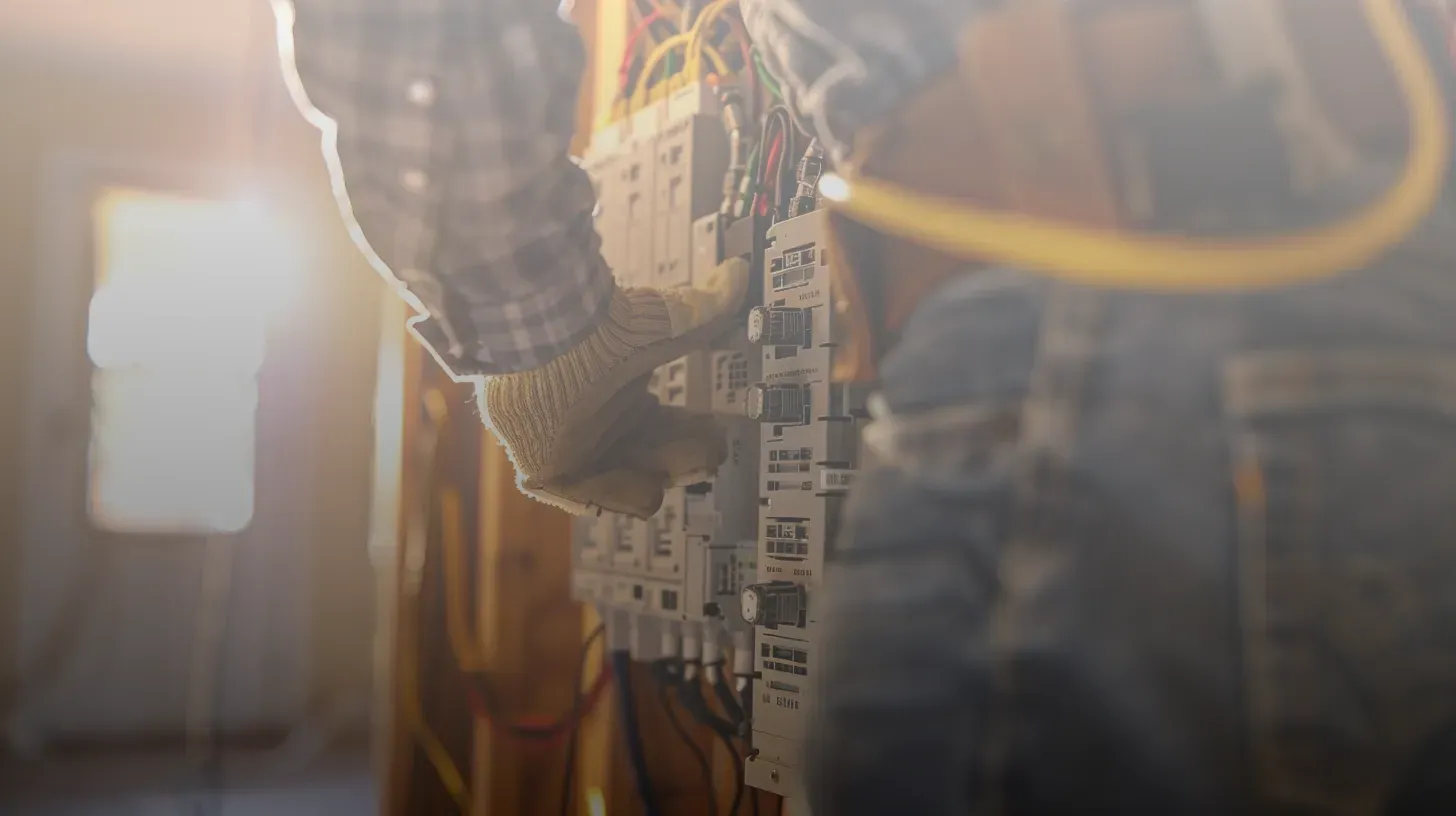A Guide to EV Charger Wiring for Metairie Residences
Making the switch to an electric vehicle brings excitement and questions, especially when it comes to setting up a home charging station. For Metairie homeowners, installing electric car charger wiring requires careful planning and professional expertise. Whether you are looking to install a Level 2 charging station at home or exploring your options for an electric vehicle EV outlet garage setup, understanding the basics can help you make informed decisions.
This guide walks you through everything you need to know about EV charger wiring for your Metairie residence, from understanding how to install an EV home charging station to finding a qualified electrician in Metairie who can handle
proper EV circuit installations and compliance with local codes.
Key Takeaways
- Level 2 EVSE (Electric Vehicle Supply Equipment) requires 240V circuits and professional installation by a licensed electrician in the Metairie area
- Most homes need electrical panel upgrades or dedicated circuits for safe electric car charger outlet installation or hardwired EVSE connections
- Electric car recharge time depends on your EVSE power output and your vehicle's onboard charger capacity
- Proper EVSE and car charger port installation requires permits, inspections, and adherence to National Electrical Code standards
- Cost to install a Level 2 charger varies based on distance from the electrical panel, required upgrades, and labor rates
Understanding Key Terminology
Before we dive in, it helps to clarify some commonly confused terms. The unit you install in your garage is technically called EVSE (Electric Vehicle Supply Equipment), not a charger. The actual charger is an onboard component inside your vehicle that converts AC power to DC power for the battery.
When we discuss installing an electric car charger wiring or a car charger outlet, we are referring to the electrical infrastructure and outlet or receptacle (typically NEMA 14-50) that supplies power to the EVSE. Throughout this guide, we use these terms as they are commonly searched, but the home unit is properly called EVSE.
Understanding EV Charging Levels and Power Requirements
Before getting into the installation process, it helps to understand the different EVSE options available. Level 1 EVSE uses a standard 120V household outlet but is quite slow, adding only 3 to 5 miles of range per hour. For most EV owners, Level 1 serves as a backup option rather than a primary solution.
Level 2 EVSE operates on 240V circuits and dramatically reduces how long to charge an electric car, typically adding 20 to 60 miles of range per hour. Most residential units draw between 30 and 50 amps. A Metairie specialist can evaluate your current electrical service and determine what upgrades might be necessary.
Preparing Your Home's Electrical System
The foundation of successful electric car charger wiring starts with evaluating your home's current electrical infrastructure. Most EVSE installations require specific preparations to ensure safe and reliable operation of your charging equipment.
Electrical Panel Assessment
Before installing an electric vehicle charger at home, verify that your panel has sufficient capacity and available space for the new circuit breaker. Most Level 2 EVSE installations require a dedicated 40 to 60 amp circuit. Homes with 200-amp service can usually accommodate an EVSE without major upgrades, but older Metairie homes with 100-amp service may need panel upgrades. Qualified electricians in Metairie will calculate your total electrical load to determine if upgrades are necessary.
Circuit and Wiring Considerations
Installing an EV charger in a garage requires running dedicated wiring from your electrical panel to the EVSE location. A 40-amp circuit typically uses 8-gauge wire, while a 50-amp circuit requires 6-gauge wire in protective conduit. The distance between your panel and garage significantly affects installation complexity and cost.
Installation Process and Requirements
When you are ready to install an electric car charger, the process follows specific steps that ensure safety and compliance with local regulations. Understanding what to expect helps you plan accordingly and work effectively with your chosen electrician.
Permit and Inspection Requirements
Most jurisdictions, including Metairie, require electrical permits for car charger fitting and EVSE installations to ensure National Electrical Code compliance. Your electrician typically handles permit applications and scheduling inspections. Skipping permits can void homeowner's insurance and create safety hazards.
Choosing the Right Location
Most homeowners opt for installing an electric car charger in a garage for weather protection and security. When selecting the mounting location, consider where you typically park and how the EVSE cable will reach your vehicle's charging port. Most EVSE cables range from 18 to 25 feet. Mounting on the wall nearest your vehicle's charging port minimizes cable stretch and tripping hazards.
If garage installation is not possible, exterior mounting requires weatherproof equipment rated for outdoor use. An electrician Metairie specialist can recommend appropriate products for outdoor applications.
Installation Steps
How to install a Level 2 charger follows a systematic process. First, the electrician installs a new circuit breaker in your electrical panel sized appropriately for your EVSE. Next, they run wiring in protective conduit from the panel to your EVSE location, drilling through walls if needed.
The electrician then either mounts the EVSE unit for hardwired installations or installs a NEMA 14-50 outlet for plug-in models. Finally, they test the installation to verify proper voltage, grounding, and operation.
Cost Factors and Budgeting
Understanding the cost to install a Level 2 charger helps you budget appropriately. The EVSE unit itself typically ranges from a few hundred to over a thousand dollars, depending on features. Installation labor varies based on complexity, with straightforward garage installations costing less than setups requiring extensive wiring runs or panel upgrades. Additional costs include electrical panel upgrades if needed, permit fees, and any necessary modifications.
Available Incentives and Rebates
The Federal Tax Credit offers up to $1,000 for EV charger installation through the 30C tax credit, extended through 2032. Entergy Louisiana provides rebates such as $250/port for Level 2 EVSE plus installation, available to Metairie residents. Check with your electrician or Entergy for current program details.
Selecting a Qualified Electrician
The success of your EVSE installation depends on choosing the right professional. Look for licensed electricians who specifically mention EV Level 2 charger installation experience and ask about their familiarity with Level 2 charger charging station installation. Ask how many EVSE installations they have completed and whether they have worked with your specific EVSE model.
Verify proper licensing and insurance coverage. Request detailed written estimates from multiple electricians that break down costs for materials, labor, permits, and any additional work needed. A Metairie professional with broader expertise can be beneficial for your installation and provide electrical troubleshooting services if unexpected issues arise.
Charging Time and Daily Use
How long to charge an electric car with Level 2 home charger installation depends on your vehicle's battery capacity, the EVSE power output, and your vehicle's onboard charger capacity. A typical electric vehicle with a 60 kWh battery can fully charge overnight using a 7.2 kW EVSE. For daily driving of 30 to 40 miles, nightly charging typically takes 2 to 4 hours with a 240V EV charger.
Smart EVSE units allow scheduling charging during off-peak electricity hours for lower rates. The convenience of home charging eliminates most needs for public charging stations for daily use, letting you start each morning with a full charge.
Safety and Maintenance Considerations
Modern EVSE units include safety features like ground fault circuit interrupters and thermal monitoring. Regular inspections help identify potential issues. Check the EVSE cable for wear or damage, ensure connector pins remain clean, and verify secure mounting.
If you notice problems like intermittent charging or error messages, contact qualified electrical troubleshooting services rather than attempting repairs yourself. EVSE systems operate at high voltage and require specialized knowledge to service safely.
Frequently Asked Questions
How much to install an EV charger at home?
Installation costs vary based on factors like distance from your electrical panel, whether panel upgrades are needed, and local labor rates. A straightforward EVSE installation might be relatively affordable, while complex projects requiring significant electrical work can cost more. Getting quotes from licensed electricians in your area provides accurate pricing for your specific situation.
Do I need to upgrade my electrical panel to install a Level 2 charger at home?
Panel upgrades depend on your home's current electrical capacity and available breaker space. Many modern homes with 200-amp service can accommodate Level 2 EVSE without upgrades. Older homes with 100-amp service or panels near capacity may need upgrades to safely support the additional load.
Can I install an electric car charger myself to save money?
Car charger installation requires licensed electrician expertise due to the high voltage and current involved, plus local codes require permits and inspections. DIY EVSE installation risks safety hazards, code violations, insurance issues, and potential damage to your vehicle or home electrical system. Professional installation ensures safety and proper operation.
How long does it take to charge an electric car at home?
With Level 2 EVSE, charging times range from 4 to 10 hours for a full charge depending on your battery size, EVSE output, and your vehicle's onboard charger capacity. Daily top-ups typically take 2 to 4 hours since most drivers do not fully deplete their batteries. The convenience of overnight charging means you wake up to a fully charged vehicle.
What type of outlet does level 2 EVSE need?
Level 2 EVSE units typically use either a NEMA 14-50 outlet receptacle (similar to what electric dryers use) for plug-in models, or are hardwired directly to a dedicated 240V circuit. The specific car charger wall socket or hardwired connection depends on your chosen EVSE model. Some prefer hardwired installations for cleaner appearance and permanent mounting, while plug-in models offer flexibility.
Final Thoughts
Setting up home EVSE and charging infrastructure represents an investment in convenience and your vehicle's usability. For Metairie residents, working with qualified local electricians who understand both residential electrical systems and EVSE installation requirements ensures a smooth installation process. The combination of proper planning, professional installation, and understanding your charging needs creates a reliable home charging solution.
Your home charging station will serve you for years to come, making daily EV ownership significantly more convenient than relying on public charging infrastructure. The initial installation effort pays dividends in time saved and the peace of mind that comes with starting each day with a fully charged vehicle ready for your needs.
Take the guesswork out of home EV charging — speak with a qualified Metairie electrician today.
References:
https://afdc.energy.gov/laws/ev-tax-credits
https://entergyetech.com/electric-vehicles
